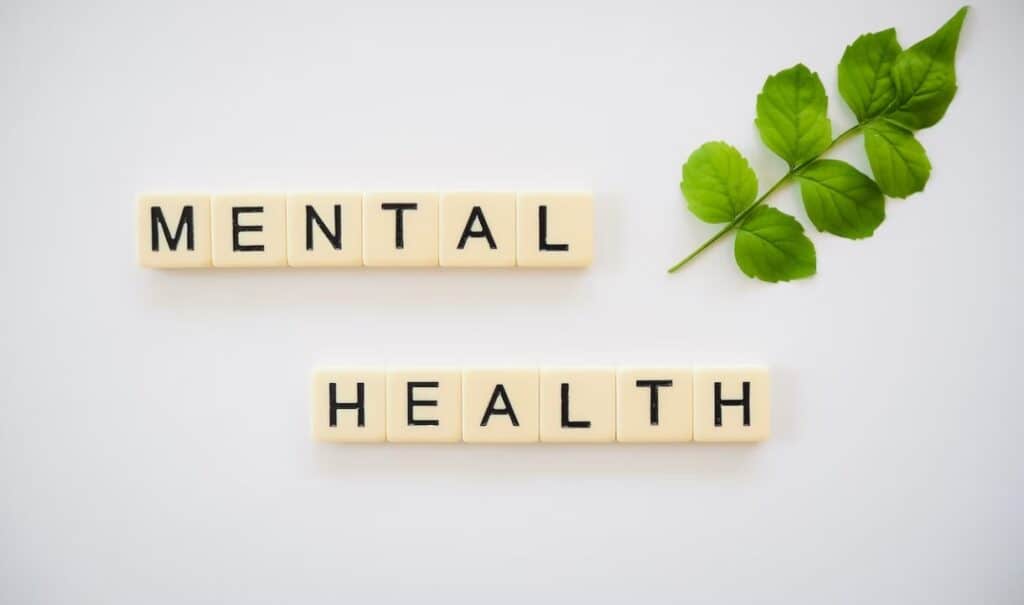Education is associated with textbooks, lectures, homework, and exams. But there’s an unseen yet crucial aspect that influences an educational journey: mental health.
In our fast-paced, result-oriented world, mental health often takes a backseat. However, we can’t afford to neglect it, particularly among teenagers. Mental health issues can lead to compromised academic performance and hinder personal growth.
You know that students often turn to services like EssayHub to help them manage their academic research. We can draw a parallel here: it is equally important that they have access to resources and support for their emotional well-being.
Recognizing the Importance of Mental Health Education

So, how to support teen mental health in an educational environment? First, we should embed mental health education in the curriculum.
Schools should ensure that students understand what mental health is and why it’s important. It’s essential to recognize signs of mental distress in themselves and others.
We can foster this understanding by:
1. Integrating mental health topics in related subjects like Health Education or Biology. This inclusion promotes a culture where discussing mental health becomes normal.
2. Organizing interactive workshops or seminars with mental health professionals. They can provide first-hand knowledge and tips to manage stress and anxiety.
3. Equipping teachers with mental health first aid skills. Teachers should be able to identify students with mental health issues and guide them to appropriate resources.
Emphasizing Professional Mental Health Support
Just as students might seek assistance from an essay writing service to improve their writing, they should seek professional help when dealing with mental health challenges.
Here is how schools can encourage it:
- Employ full-time, trained counselors who can provide therapy sessions for students needing help.
- Arrange regular visits from psychologists or talk to an online psychiatrist for more advanced care.
Peer Support Programs
Creating a supportive peer environment is another effective strategy to improve teen mental health. Students are more likely to confide in their friends about their problems before reaching out to adults.
Schools can harness this by:
- Establishing support groups where students are trained to listen, empathize, and offer guidance to their peers;
- Creating awareness about the importance of being supportive friends and the difference it can make in someone’s life.
Promoting Mindfulness and Stress Management
Teaching them stress management techniques is another pillar of support for teens. Just as a student might buy essays to manage overwhelming academic loads, learning relaxation techniques can help them manage their stress levels. This can be done by:
- Incorporating mindfulness and meditation sessions into the school schedule;
- Encouraging participation in yoga or similar activities, which have been shown to reduce stress and anxiety;
- Teaching students about time management, prioritization, and organization skills to better manage their academic workloads.
Providing Tailored Support
Each student has unique needs. So, providing tailored support can significantly improve their mental health. For instance, teachers might give additional time on tests for anxious students. Or they might allow students with depression to work with a professional essay writer to help them cope with academic pressures.
Schools should be willing to adjust their strategies to individual student needs.
Encouraging Open Communication
A culture of open communication between all involved parties – the school administration, teachers, students, and parents – is key. Students should feel comfortable discussing their mental health struggles without fear of judgment or stigma. This can be achieved by:
- Sending regular updates to parents about their child’s mental health and academic performance;
- Hosting parent-teacher meetings to discuss any issues and potential solutions;
- Implementing anonymous suggestion boxes where students can voice their concerns or suggest improvements.
Offering Mental Health Resources
Finally, students should have easy access to resources to learn more about mental health. It’s similar to how they might use paper writing services for academic assignments.
Schools can:
- Provide a well-stocked library with books and other materials about mental health;
- Share information about reliable online resources or helplines for students who prefer to seek help privately.
Conclusion
Addressing mental health in educational institutions is a must. But it lies in much more than merely offering support when a crisis arises. It involves a proactive approach: promoting awareness, fostering open conversations, and creating an environment where students are not afraid to ask for help.
Implementing these strategies not only brings better academic outcomes. It also leads to a healthier, more empathetic generation of young adults.
Remember, a healthy mind is essential for learning and growth. And we owe it to our students to ensure they have the resources and support necessary for mental well-being.
Also read:






